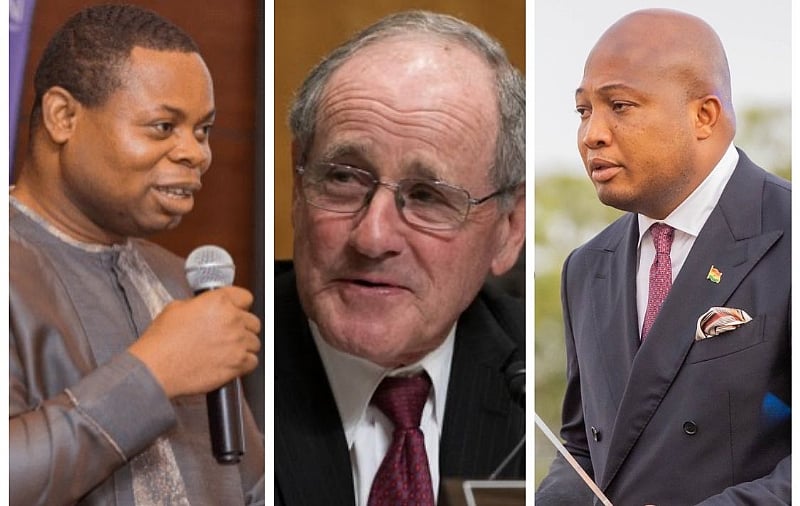The Founding President of IMANI Africa, Franklin Cudjoe, has weighed in on the ongoing exchange between Ghana’s Foreign Affairs Minister, Samuel Okudzeto Ablakwa, and the United States Senate Foreign Relations Committee Chairman, Senator Jim Risch of Idaho.
Senator Risch, in a social media post, suggested that Ghana should focus on settling its debts to American entities rather than engaging in diplomatic visits to the US.
“We cannot keep subsidizing Ghana while it continues paying far larger debts to China,” he added.
Responding to the Senator’s comments, Mr. Ablakwa defended Ghana’s sovereignty and insisted that the US could not dictate how the country conducts its foreign affairs.
“Let me be clear, those measly debts compared to what you owe us in reparations would be paid when we deem appropriate, based on our prudent economic recovery program—even though the debt was not created by the new Mahama administration. Unlike you, we take responsibility and honour our national obligations,” Ablakwa stated.
But Mr. Cudjoe, reacting in a social media post on Sunday, July 6, questioned the relevance of the minister’s remarks on colonialism and reparations to the issue of debt settlement.
“What has the minister’s reference to colonial imperialism and reparations for the transatlantic slave trade got to do with paying debts in recent international trade transactions?” he asked.
According to the IMANI boss, a simpler and more direct response from the Foreign Minister would have been more appropriate.
He said the Minister should have said it this way: “Dear Senator Risch, while I disagree with your call on me to prioritise Ghana’s debt obligations to America because, according to you, ‘America subsidises’ us, may I remind you that the debts you alluded to were contracted under the previous government. Most of these debts have to be verified as they may have had their sums inflated or contain dodgy legal clauses. And by the way, America has withdrawn its USAID support for Ghana. The close to $160 million Ghana received annually from the US will come no more, so really, you will not be subsidising Ghana.”


